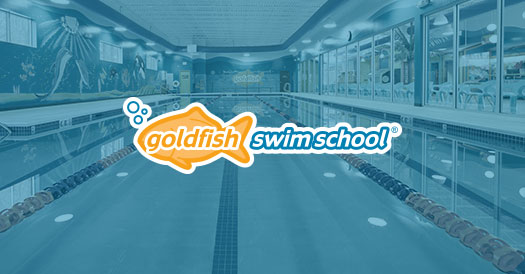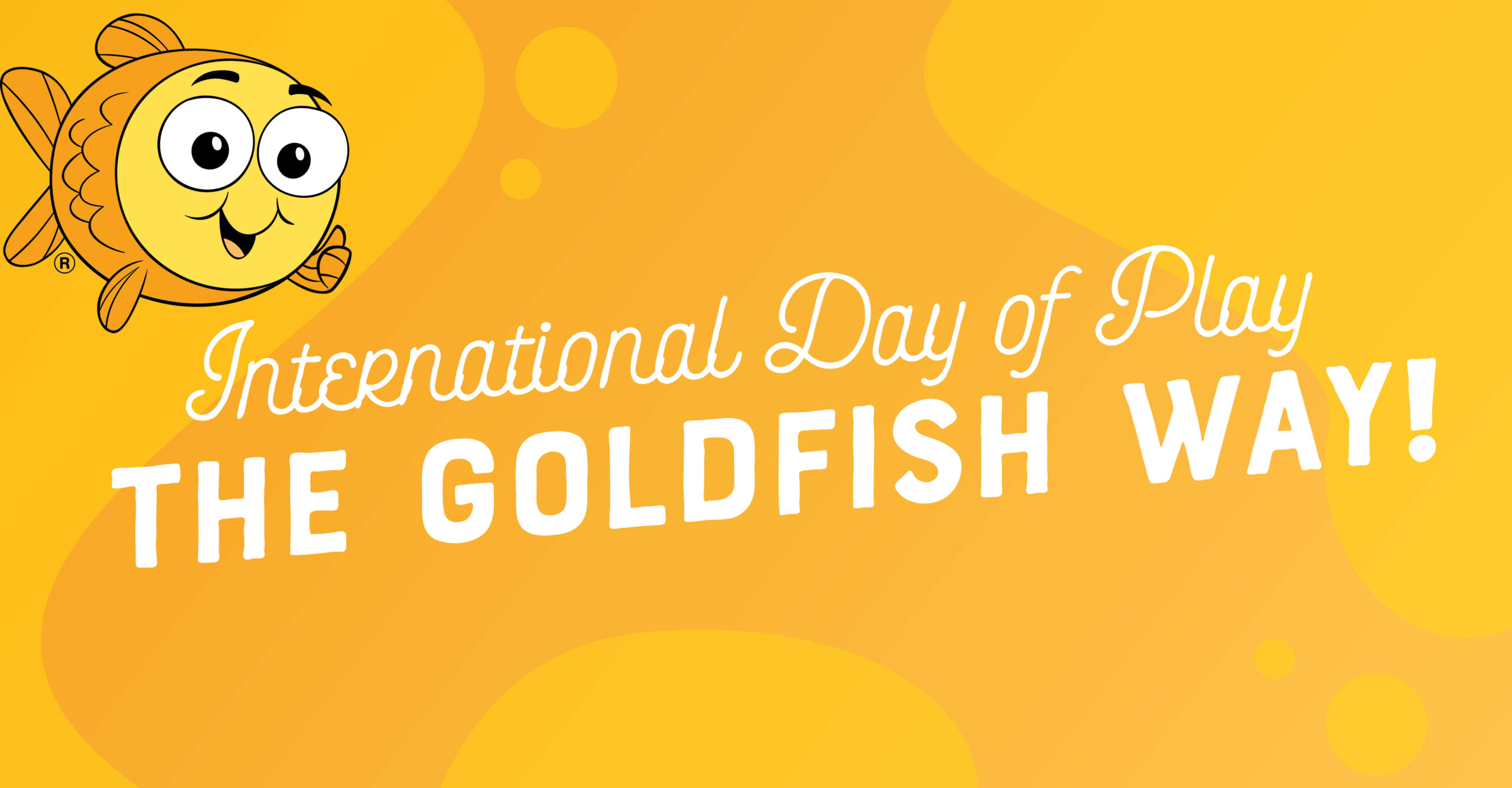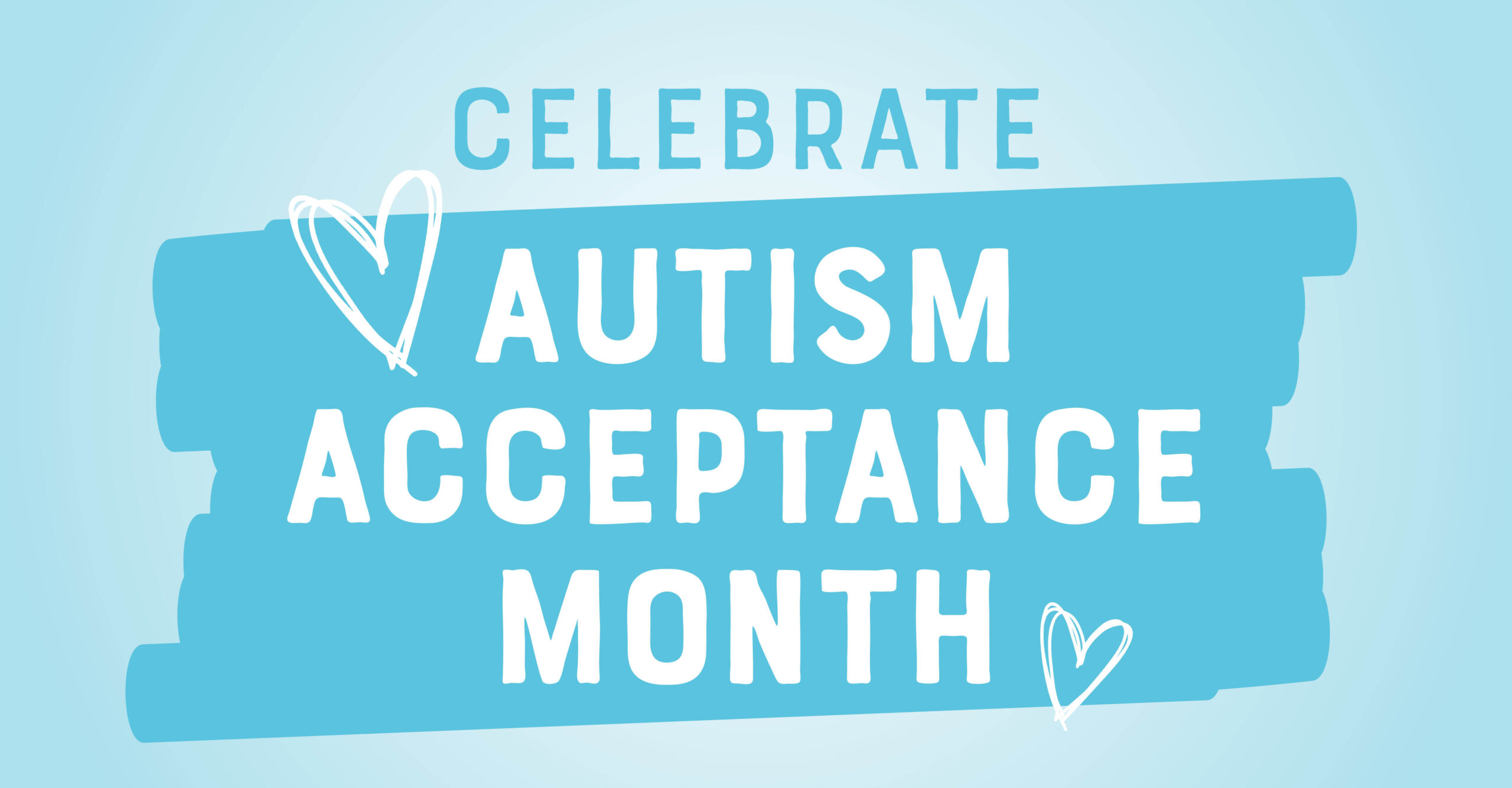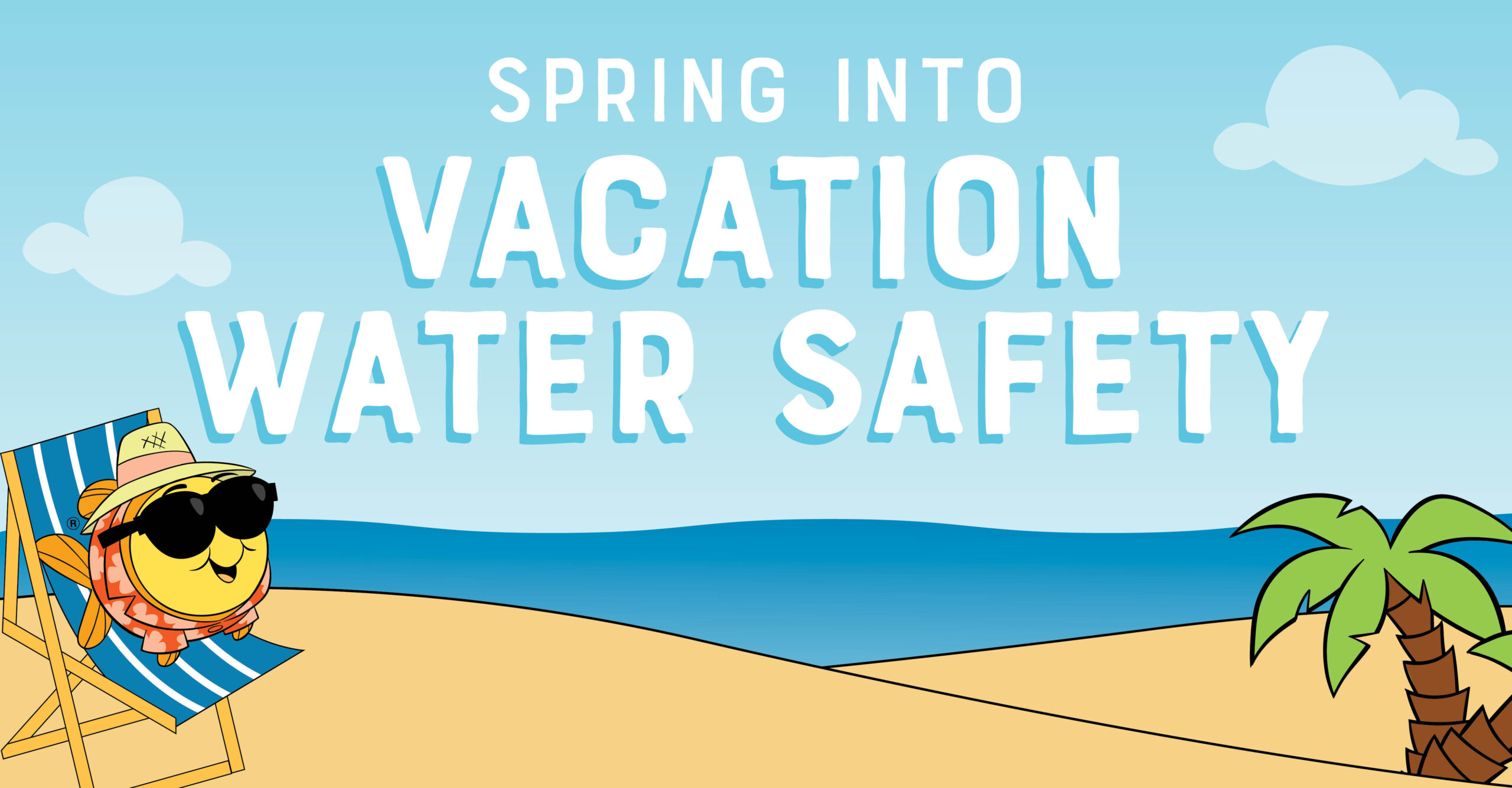Don’t Stop at the Doggie Paddle: Stick With Lessons at Goldfish

Has your child has mastered the doggie paddle (or the pulling paddle, as we call it here) at Goldfish? That deserves a high-five! Getting our swimmers to a place where they can begin to demonstrate independent swimming is an important milestone, but are they truly ready to stay afloat or swim for an extended period of time on their own?
That’s an important consideration we ask our parents to make at this pivotal moment in their swimmer’s development. Parents frequently ask our instructors whether to continue or discontinue swim lessons once their kids begin to demonstrate some proficiency in the water. Of course, every family’s situation is unique, but there are several similar justifications for discontinuing lessons:
- “My schedule is packed!”
- “Emma and Timmy are tired and whiny when they get home from kindergarten; they’re still adjusting to a full-day schedule.”
- “I’d love to spend my swimming lesson money elsewhere.”
- “I’m worried my kids are going to catch a cold after lessons during the winter.”
First off, we can assure you that swim lessons know no season. Removing your child from lessons as the snow starts to fall can stunt their development. And just because your swimmer graduates from the Glider level doesn’t mean he or she’s ready to take on the open lake or sea…or even pool.
Sonali Morris, franchise owner at Goldfish Cleveland East Side, knows this parental dilemma all too well. “I always tell my kids, ‘You will swim until I don’t have to get in the water with you.’ Parents shouldn’t be content with kids that can only perform the pulling paddle; you’re not drown-proof if you’re just paddling or can’t continuously swim.”
So, how do we know when a student is truly ready to swim independently? At Goldfish, we consider completion of the Pro level to be the best measure of proficiency. Upon graduation, swimmers must be able to swim continuously for four minutes and perform all four of the competitive strokes.
We know you and your kids have a lot on your plate, but why settle for less experience and practice in the water? After all, it might save your child’s life. Just ask Andrew’s dad, Ron.



